Why do so many Africans believe they cannot break the “One Step Forward, Two Steps Back” cycle? Six decades after colonial flags were lowered and African countries gained formal independence, the continent struggles to free itself from the deep legacies of colonialism, imperialism and patriarchy. Many intellectuals, politicians, feminists and other activists, eager to contribute to Africa’s liberation, have frustratingly, felt like they took the wrong path. Analyzed through the eyes of Afro-feminism, this book revisits some of the fundamental preconditions needed for radical transformation.
The main focus of Decolonization and Afro-feminism is unlearning imperial power relations by relearning to “shake off” the colonial filters through which we view the world, including the instruments of law, education, religion, family and sexuality. It re-envisions Pan-Africanism as a more inclusive decolonizing/decolonial movement that embraces Afro-feminist politics. It also challenges the traditional human rights paradigm and its concomitant idea of “gender equality,” flagging instead, the African philosophy of Ubuntu as a serious alternative for reinvigorating African notions of social justice. If you are a student of Africa or in a space where you wish to recalibrate your compass and reboot your consciousness in the struggle for Africa’s liberation, this book is for you.
Afro-Feminism is a fresh lens through which to consider decolonisation and decoloniality because it gives voice to and perspective from African women. It brings together the activism and scholarship of women who have fought for and alongside men in the political struggles for independence from colonial rule and continue to fight the injustices of colonial effects. They challenge the normative academic models for knowledge-making, offering different kinds of methodologies that recognise ways of knowing and being that resist and contest the scientific, positivist bias of Eurocentric gatekeeping. For precisely this reason, Sylvia Tamale’s layered and meticulous attention to epistemic alternatives opens up new conversations about what it is to decolonise our thinking, being and acting in this world. …There are many reasons to read this book, one of which is that I can barely do it justice in a review. Tamale covers the range of colonial effects on African experiences and relations with compelling confidence and articulation, conveying a profound understanding of the essential work of decoloniality from an Afro-Feminist perspective. There are ‘aha’ moments on every page, detailed and multiple references which encourage the reader to keep searching for and finding the conscientisation and truth that will liberate. – Corinne Knowles, Extended Studies Unit, Rhodes University, Makhanda. (2021): Decolonization and Afro-Feminism, Journal of Contemporary African Studies, DOI: 10.1080/02589001.2021.1938976
Decolonization and Afro-feminism makes a major epistemic contribution to charting Africa’s way forward, and alerts us to new forms of domination such as digital colonialism… This book will leave you thinking!
– Oyeronke Oyewumi, author of The Invention of Women: Making an African Sense of Western Gender Discourses
Sylvia Tamale brings an encyclopedic rigour to the study of decolonization and what it offers as an African liberatory praxis. Her scholarship is rooted in real-time solidarity with African feminists and queer activists… Essential reading.
– Jessica Horn, Feminist activist, writer and co-founder, African Feminist Forum Working Group
Tamale brilliantly dissects and demolishes the dangerous tropes of coloniality that distort our understanding of African societies, cultures, bodies, institutions, experiences, social relations, and realities… The book is a clarion call for the continent’s feminist epistemic liberation.
—Paul Tiyambe Zeleza, Professor of the Humanities and Social Sciences and Vice Chancellor, United States International University-Africa, Nairobi, Kenya
This book is Intellectually orgasmic! It provides students with an Afro-feminist intellectual rebirth… The next generation of Afro-feminists have our struggle cut out for us.
—Anna Adeke, Feminist and student, Makerere University, Uganda
About the Author: Sylvia Tamale is a Feminist, Sociologist and Professor of Law at Makerere University in Uganda.
Table of Contents
Acknowledgments xi
Some Key Definitions xiii
1. Introduction 1
Of Counter-Narratives 1
The Meaning of Africa(ns) 10
Goals and Organization of the Book 13
2. The Basics of Decolonization and Decolonial Futures 17
Africa’s Decolonization and Decolonial Reconstruction 18
Decolonization & Decoloniality: Science Fiction or Present Fact?
22
A Two-Pronged Approach: The Political and the Psychological
27
3. Feminists and the Struggle for Africa’s Decolonial Reconstruction
27
Gender Studies in African Academies 44
Beyond Racism: Multiple Inequalities and Intersectionality 62
Integrating Afro-Ecofeminism into Decolonization 80
4. Challenging the Coloniality of Sex, Gender and Sexuality 92
Michael Phelps and Caster Semenya: A Juxtaposition 95
Decolonial African Sex/Gender Systems 100
A Decolonial Analysis of the Phelps/Semenya Conundrum 105
Medico-Legal Taxonomies: Semenya’s Battle with Science and the Law
119
5. Legal Pluralism and Decolonial Feminism 132
State “Customary Law” versus Living Customary Law 133
Decolonized Customary Law 140
Gender and Religious Relativism 173
6. Repositioning the Dominant Discourses on Rights and Social Justice
187
Human? Rights? 194
Unpacking the Universalizing Essentialism of “Gender Equality”
205
Reconceptualizing Justice through Ubuntu 221
7. Rethinking the African Academy 235
History and Evolution of African Academies 237
Internalized Colonialism: How it is Achieved 245
A Framework for Transforming the African Academy 257
8. Decolonizing Family Law: The Case of Uganda 285
Conceptualizing the Heteropatriarchal Family 288
The Ugandan Family and the Law 300
Family Relations: Then and Now 306
Challenging the Status Quo 321
The Limits of Officialist Approaches to Family Gender Justice
331
9. Towards Feminist Pan-Africanism and Pan-African Feminism
340
Feminism in the Pan-African Movement? 343
Pan-Africanism in African Feminism 369
Developing a New Pan-Africanism in the Era of Globalization 378
Epilogue: Decolonizing Africa in the Age of Big Data 385
Index 397
Conversation between Sylvia Tamale and Charmaine Pereira
In Decolonization and Afro-Feminism, Ugandan feminist scholar and human rights activist Sylvia Tamale tackles the complicated task of articulating and identifying some of the work that decolonisation/ decoloniality requires of African scholars, thinkers, artists and activists at this moment in history. The book spans more than four hundred pages, covers an impressive range of themes, and functions in many different registers. Decolonisation/decoloniality is taken up as an epistemic, political, artistic, psychological, legal, and cultural project. At the heart of the book is the claim that the decolonisation of African societies is Afro-feminist work, in so far as the persisting racial and economic hierarchies of colonialism and coloniality are inextricably intertwined with systems of heteropatriarchy. … Perhaps the most important tension that this book manages to hold, is the one between understanding the magnitude of colonial devastation and erasure on the one hand, and maintaining hope and movement, on the other. Tamale manages to present to her reader the vast and extremely complex nature of the project of decolonisation/decoloniality, while, at the same time, cultivating in the text not only a feeling of urgency, but an unwavering and deep sense of possibility. She creates and identifies openings through which the work can be started, and although the solutions she offers often have a utopian tone to them, they are firmly anchored in existing African realities and histories. This is an energising book to read, it is not simply an academic treatise, but also a compelling and enlivening call to action.
Azille Coetzee (2021): Decolonization and Afro-Feminism by Sylvia Tamale, Agenda, DOI: 10.1080/10130950.2021.1917301

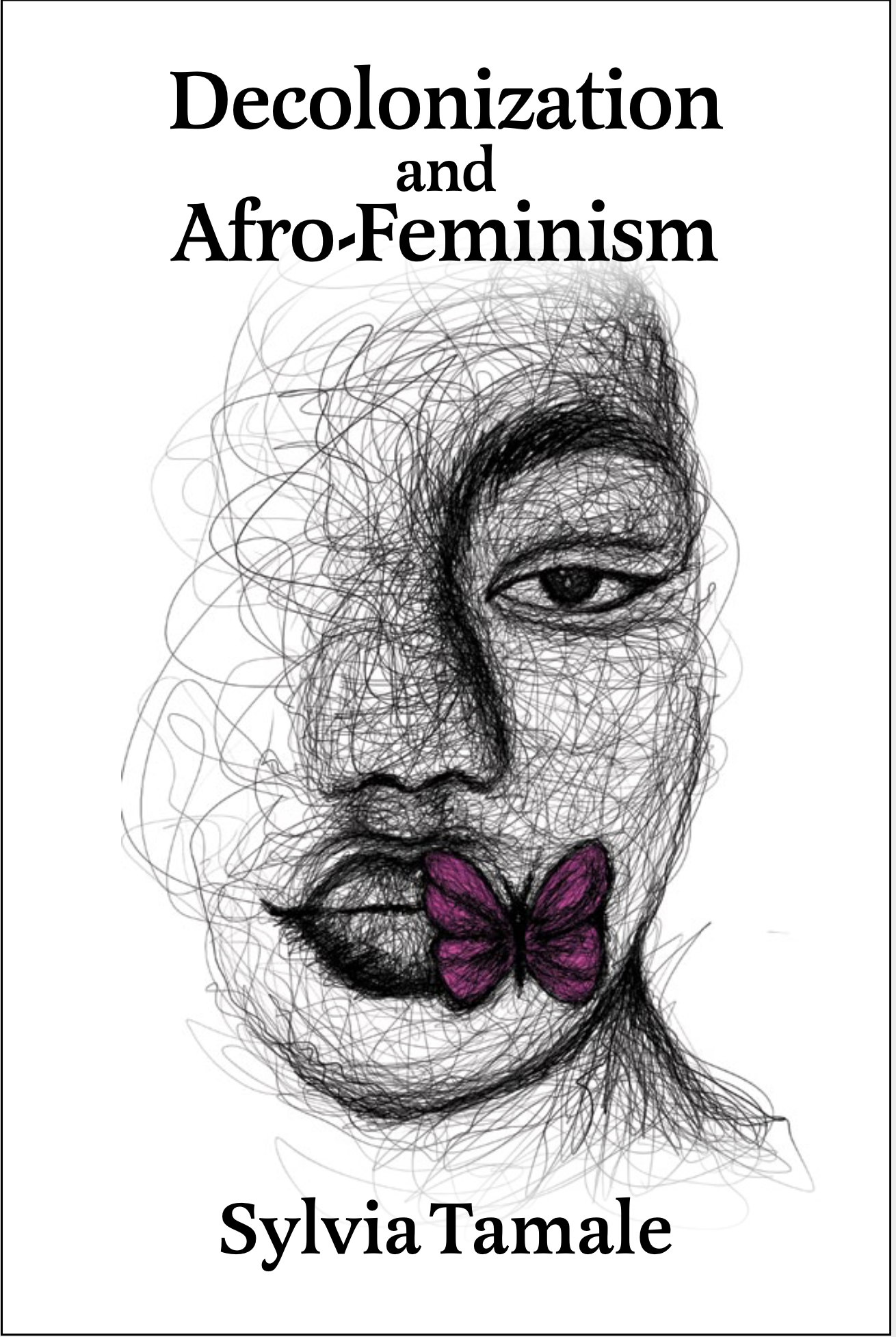
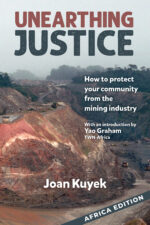


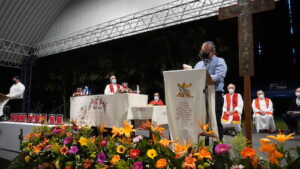
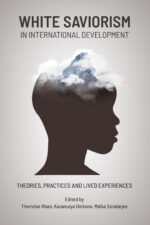
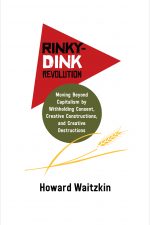
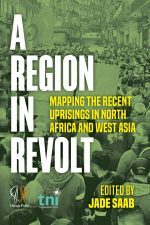
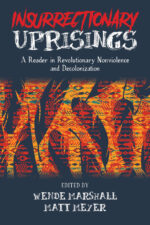
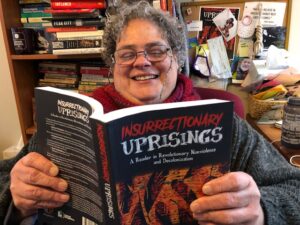

Alexandra Walker
Delinked:
A Review of Sylvia Tamale’s Decolonization and Afro-Feminism
By Alexandra Walker (Howard University C’27) as part of the Black Feminist Theory taught in Howard University’s Women’s, Gender and Sexuality Studies Program
Decolonization and Afro-Feminism by Sylvia Tamale is an intricate work that weaves together the intersectional relationship between racialism, capitalism, patriarchy, and gender roles within an African context to center decolonization as integral to the advancement of Afro-feminism. Professor Sylvia Tamale is a feminist, a legal scholar, and human rights practitioner whose fearlessness in speaking truth to power led her to serve as the first woman Dean of Makerere University School of Law. Fittingly, Tamale critically examines the historical, cultural, and socio-political dimensions of decolonization and its implications for the advancement of Afro-feminist thought.
Tamale begins by setting a historical backdrop for the work, because a clear understanding of the past enables one to walk with discernment in the present. In chapter one, Tamale explains that decolonization cannot be a one-time moment or thing. Decolonization and decolonial effects have historically been “Band-Aids” from people picking at the scabs that colonialism left on the continent. Tamale suggests that there needs to be more than a “Band-Aid” effort to fix the deep scars that have been left so to completely understand the complex damages left by colonization. The reversal of colonial legacies may take centuries and require unique and creative approaches.
Tamale’s notion of decolonization is multifaceted. Africans must think beyond “de-construction” of colonial structures and systems. Without a clear plan to rebuild and reconstruct there is no reason to de-construct and Tamale suggests that this sends Africans back into the arms of the colonizers. Moreover, the African agenda for decolonization and decolonial thought and activism should include reconstructions that prioritize: a) reclaiming humanity, b) reasserting self-determination, c) restoring spirituality, d) rebuilding territorial and bodily integrity, and above all, Africanness and the celebration of womanness.
Tamale makes one thing very clear, the goal of African decolonization and the decolonial project is about one thing: the restoration of dignity to the African people. Tamale does this by analyzing decolonization through a feminist lens. She asserts that decolonization cannot only address political independence but they must all challenge patriarchal structures inherited from colonial rule. Tamale draws attention to the often-overlooked contributions of African women in the struggle for liberation and asserts the need for an inclusive decolonization that recognizes and values the agency of women.
Later, Tamale breaks down some of the methods Europeans and Asians used to colonize Africa. From political colonization to the insidious and dangerous methods of psychological colonization, Tamale suggests that these same tactics can be used in reverse to decolonize and deconstruct colonial structures in Africa. She continues to say that Africans’ sense of history needs to be “delinked ” from the empire in order to delve deeper into Africa’s past (beyond the period of colonialism). Colonial powers were able to maintain their grip, influence, and imperialism through laws, education, religion, and pop culture. Tamale shows that through these mechanisms of globalization, naturalization, and rationalization colonists have been able to blur Africa’s vision to anything “indigenous”, which she aptly identifies as internalized colonization. Moreover, internalized colonization is so entrenched in global structures that the path to decolonization seems difficult and tortuous.
The intersectionality of identities is a central theme in Tamale’s analysis. She contends that Afro-feminism must confront the interconnected systems of oppression based on race, gender, and class. Tamale states that it is impossible to analyze race without also analyzing gender. Tamale continues to explain that until there is a shift to an understanding where there does not have to be an other to understand self, colonial structures will remain in place.
Sylvia Tamale’s Decolonization and Afro-Feminism is a groundbreaking exploration of the intersections between decolonization and feminism in the African context. The work explores and challenges prevailing colonial political, economic, and social structures. Tamale advocates for a more inclusive understanding of colonial structures as this is the only way to decolonize and delink African thought from colonial teachings. Tamale emphasizes the agency of women, while calling for a radical approach that recognizes the complexity and interconnectedness of racial, gender, and other colonial structures. Tamale’s book outlines key strategies, plans, and goals for the decolonization movement and the quest for the restoration of African dignity.
Tamale presents the possibility for a more just future in her critique of the present and suggestions for a pragmatic step forward. Tamale challenges reluctant minds, affirms African feminism as distinct within the spectrum of the global feminism, and places herself within the ever-developing canon of pivotal Black feminist thought for the 21st century. It becomes evident why the Black Feminist Theory course at Howard University incorporates Tamale into the list of authors and the book as assigned reading. It leads us to ask ourselves, “How do we get the work in front of the individuals who need to review them most?” whether in Africa or in one region of the global African Diaspora.